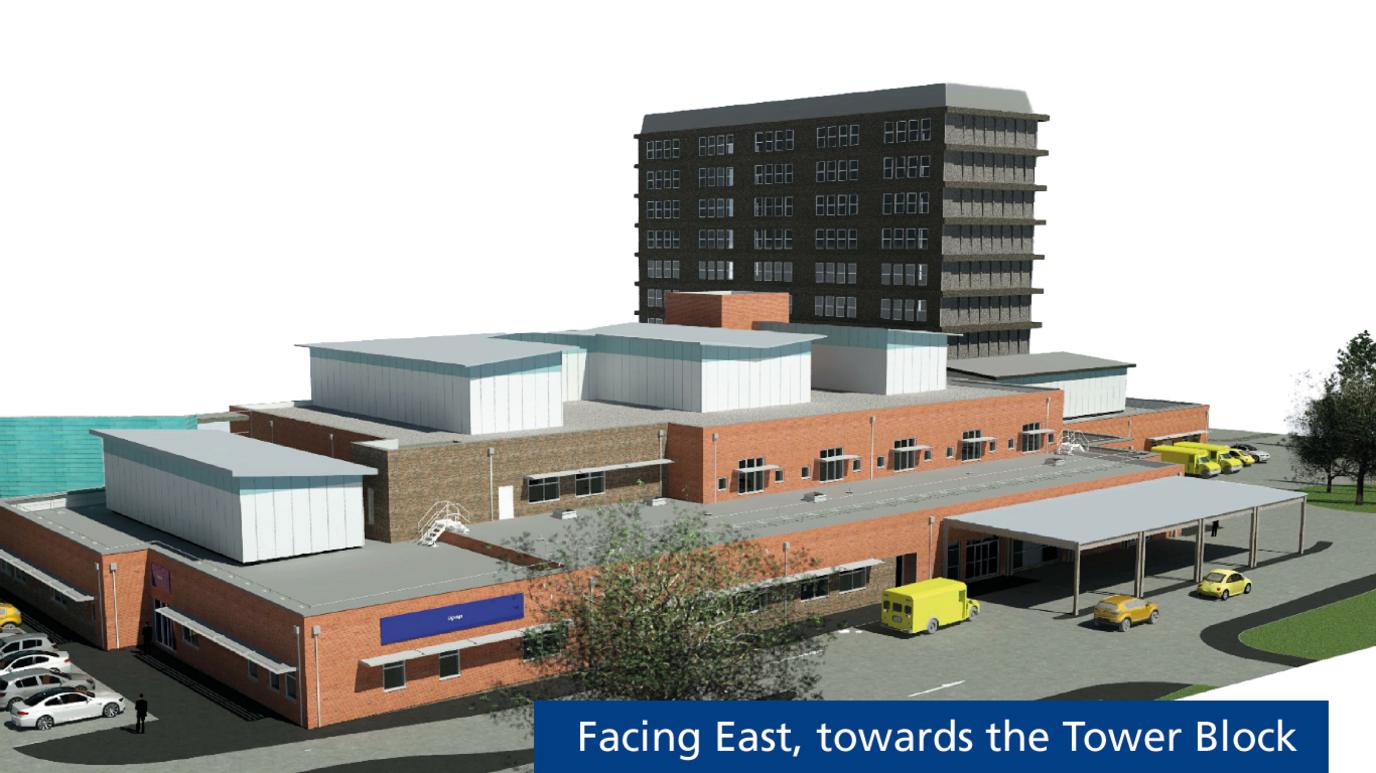Gloucestershire mental health services 'a postcode lottery'
- Published

Rural communities in Gloucestershire say they are being left behind when it comes to mental health provision
Mental health patients in rural areas say accessing support services is a postcode lottery.
Gloucestershire residents told the BBC they feel stuck on waiting lists, which one therapist says could last a year.
Health professionals said the gap between urban and rural areas has grown since the Covid-19 pandemic and there are also staff recruitment problems.
Gloucestershire's NHS said there had been considerable investment to address the issue.
Jade from Cirencester, who did not want to disclose her last name, suffers from post traumatic stress disorder (PTSD) after an abusive relationship.
She says she has been waiting for therapy for more than four months.
"There's not very much in the community of Cirencester," she said. "Either you have to go further afield or go through your GP," she said.

Help and support
If you're affected by any of the issues in this article you can find details of organisations who can help via the BBC Action Line.

Dr Paul Johnson, senior partner at Cotswold Medical Practice's Bourton-on-the-Water and Northleach surgeries, says services are out of reach for some people.
"It is rather depressing for our patients across the board not to be able to access these services and particularly so for children's services," he said.
The state of mental health services in the area is representative of what is going on in the wider NHS, Dr Johnson explained.
"This has been a chronically underfunded service and we are also chronically understaffed," he added.
Dr Johnson said there was a "huge problem" in recruiting staff in rural areas, leaving patients having to leave the area for treatment.
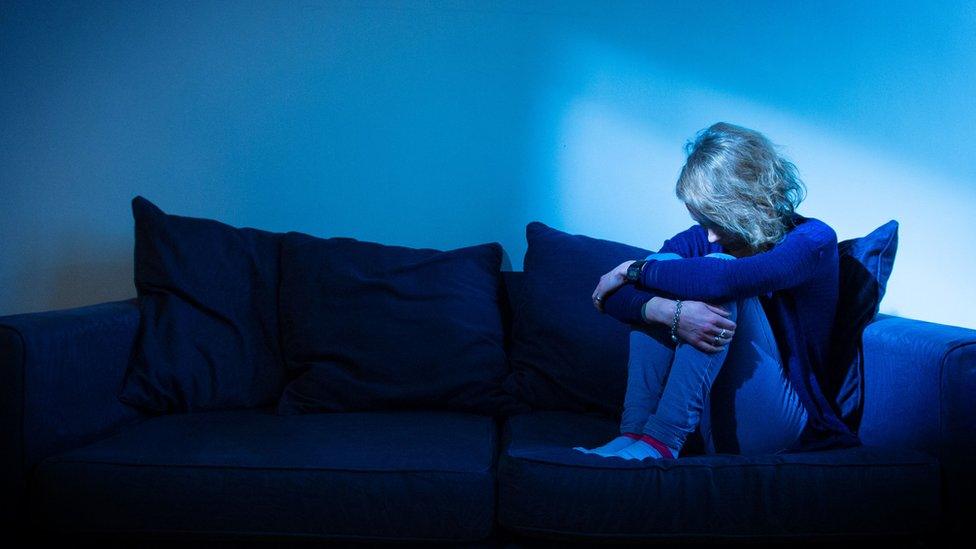
Health professionals say the increase in demand for services since the pandemic has left hundreds stuck on waiting lists
Cotswolds-based therapist Laura Colquhoun says waiting lists for mental health support can be as long as a year.
"If you're in crisis, even a couple of months can be too long," she said.
She has noticed a vast increase in inquiries for therapy - far more than she did before the pandemic.
"Often, potential clients can't afford my services, due to the rising cost of living. Some of them in the rural areas can't get here," she said.
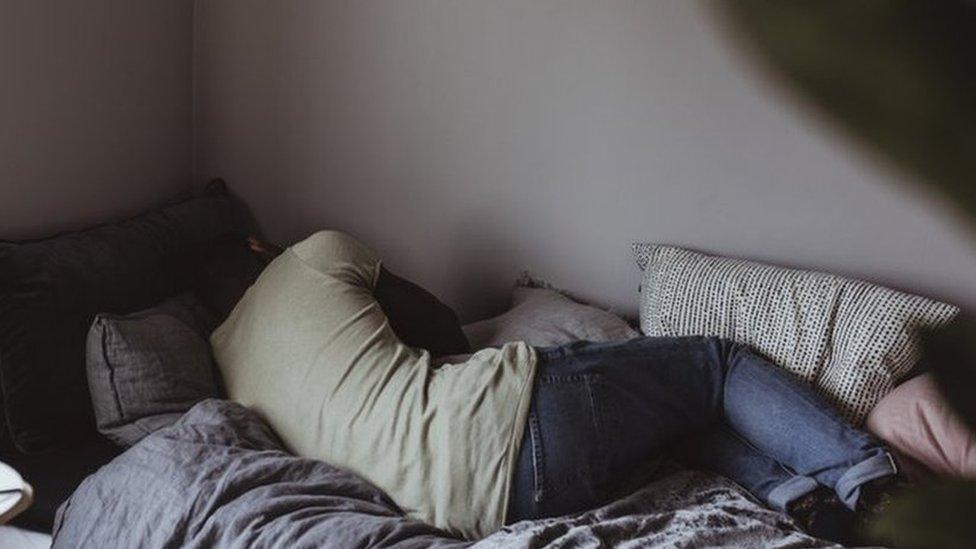
The rising cost of living has further widened access to therapy
In May, Gloucestershire Rural Community Council's (GRCC) chief Barbara Piranty highlighted the widening gap in mental health provision between rural and urban areas in a parliamentary select committee.
"The problem is with rural areas is that you're not going to get that critical mass in an urban centre," she said.
"You need to bring the services to the people, but that costs money."
The GRCC has teamed up with Cynthia Kerr, senior operations manager at the Independence Trust, in an attempt to address the problem.
"We see quite a lot of issues for people around access to services, because they have to travel and transport is a big issue for people if they don't drive," said Ms Kerr.
Higher demand
The organisation is bringing mental health services to people in rural areas throughout the Forest of Dean.
In a statement, Gloucestershire NHS Foundation Trust said services have been more in demand since the pandemic, causing a knock-on effect on waiting lists.
"However, there has been considerable investment in order to address this, including investment into talking therapies and the Community Mental Health Transformation Programme," the trust said.
"This has led to the employment of mental health specialists working out of GP surgeries countywide, including in our rural areas, and easier access to services, along with additional training and support for voluntary and community sector organisations."

Follow BBC West on Facebook, external, X, external and Instagram, external. Send your story ideas to: bristol@bbc.co.uk
Related topics
- Published18 August 2023
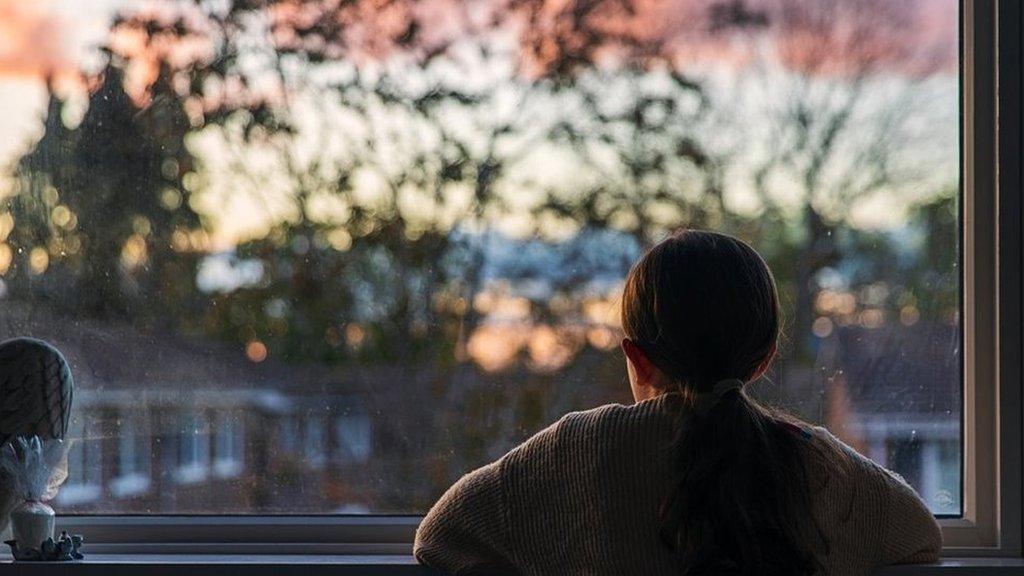
- Published21 June 2023
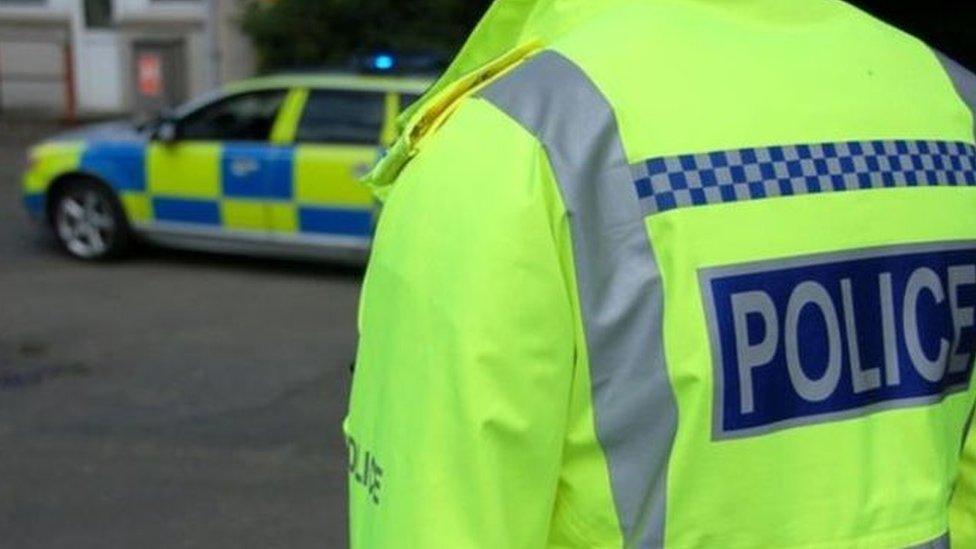
- Published19 June 2023
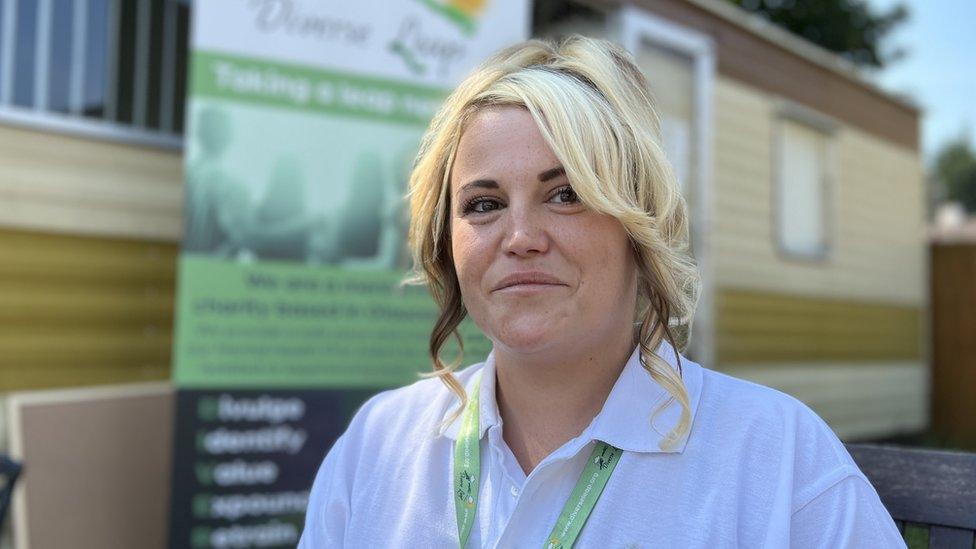
- Published17 August 2022
